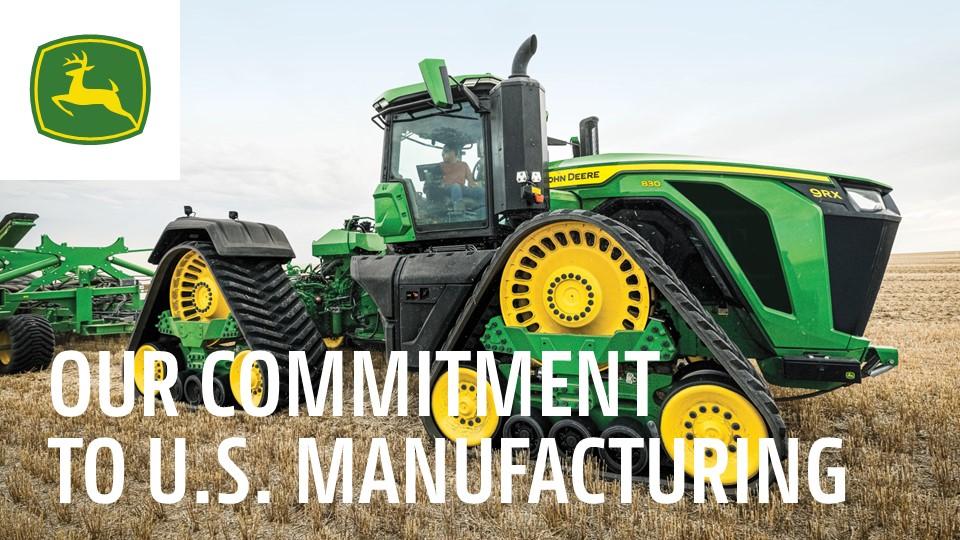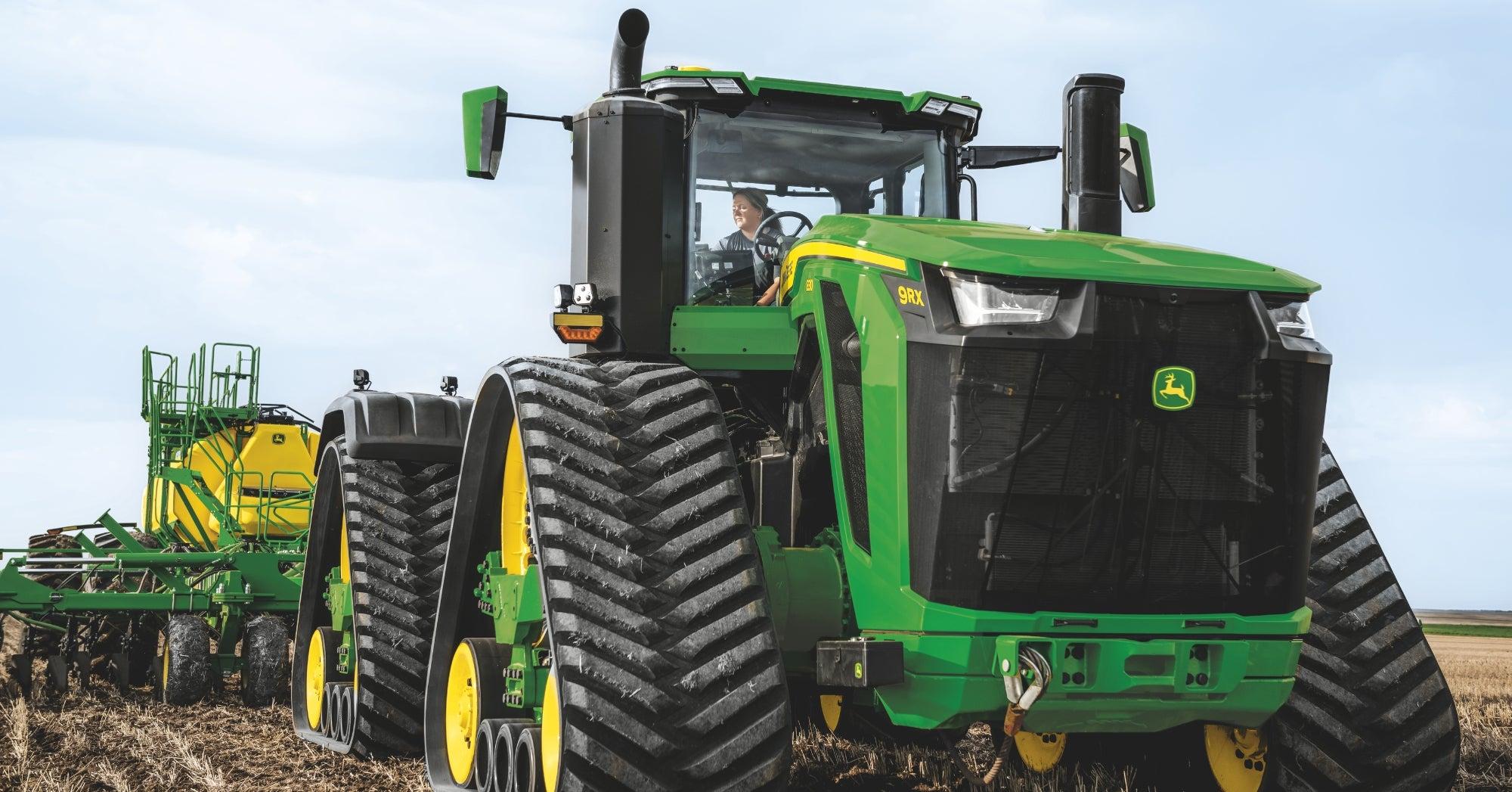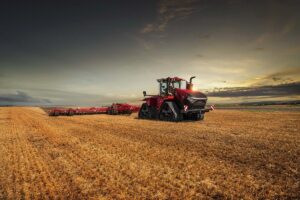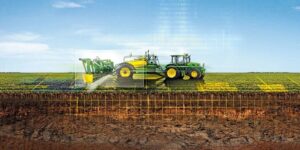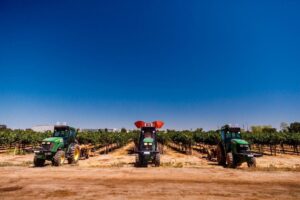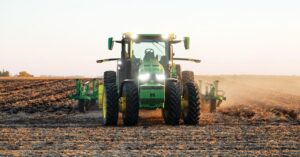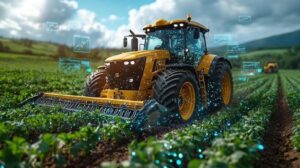Agricultural giant John Deere has announced plans to release its frist fully autonomous electric tractor in 2026,marking a significant shift in farming technology. This growth combines two major trends in the agricultural sector: vehicle electrification and autonomous operation. The new tractor, which operates without a driver and produces zero direct emissions, represents John Deere’s response to growing demands for sustainable farming solutions and labor efficiency in modern agriculture. In a groundbreaking development for agricultural technology, the renowned manufacturer of farming equipment is set to launch its fully autonomous electric tractor model in 2026. This innovative machine combines zero-emission operation with advanced artificial intelligence, marking a significant shift in farming practices.
the new vehicle incorporates state-of-the-art sensor technology and machine learning algorithms, enabling it to navigate fields independently while performing various agricultural tasks. Equipped with 360-degree cameras, LiDAR sensors, and GPS systems, the tractor can operate around the clock without human intervention, maximizing farming efficiency.
Power management stands as a crucial feature, with the tractor utilizing a high-capacity battery system that provides up to 10 hours of continuous operation. The charging infrastructure has been designed to accommodate rapid charging, allowing farmers to minimize downtime between operations. Solar charging stations will be available as optional equipment,providing sustainable power solutions for remote farming locations.
This autonomous system can execute precise field operations,including plowing,planting,and harvesting,with accuracy levels surpassing human capabilities.The AI-driven computer vision system distinguishes between crops and weeds, adjusts for varying soil conditions, and responds to obstacles in real-time.
Weather-resistant components and reinforced construction ensure reliable performance in diverse environmental conditions. The tractor’s electric drivetrain significantly reduces maintenance requirements compared to customary diesel engines, while also eliminating local emissions and reducing noise pollution in farming communities.
Remote monitoring capabilities allow farmers to supervise operations through a smartphone application, receiving real-time updates on task progress, battery levels, and potential issues. the system can be programmed to follow specific patterns and adjust its operation based on soil analysis and crop requirements.Safety features include emergency shutdown systems, obstacle detection, and automatic speed adjustment in challenging conditions.The tractor communicates with other autonomous vehicles in the vicinity to coordinate movements and prevent collisions.
Data collection and analysis capabilities provide farmers with valuable insights into soil health, crop development, and resource utilization. This information can be used to optimize future farming strategies and improve yield outcomes.
The manufacturer has conducted extensive field trials across various agricultural environments, demonstrating the tractor’s ability to operate effectively in different terrains and weather conditions. Initial testing shows potential productivity increases of up to 30% compared to conventional farming methods.
These autonomous electric tractors represent a significant investment in sustainable agriculture, with pricing expected to reflect the advanced technology incorporated. Tho,reduced operational costs and increased efficiency are projected to provide a favorable return on investment for large-scale farming operations.